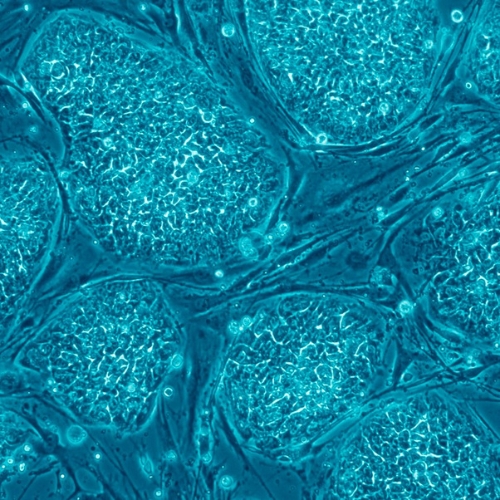Key points from article :
A new study published in The BMJ reports that stem cell therapy given soon after a heart attack can significantly reduce the risk of developing heart failure in the following years. Led by researchers from Shiraz University of Medical Sciences, the Phase III PREVENT-TAHA8 clinical trial found that patients who received an infusion of allogeneic mesenchymal stem cells within a week of a heart attack had markedly better outcomes compared to those who received standard care alone.
The trial involved nearly 400 patients across three hospitals in Shiraz, Iran, all of whom were hospitalized for their first heart attack and had no prior heart disease. Among those treated with stem cells, the risk of developing heart failure was reduced by 57%, and the rate of hospital readmissions due to heart failure dropped by 78% over an average follow-up period of 33 months. Six months after treatment, these patients also showed measurable improvements in heart function, suggesting that the stem cells may aid tissue repair and preserve heart performance.
Interestingly, while the therapy appeared to reduce heart failure-related complications, it did not affect the rates of death or repeat heart attacks. This finding aligns with results from earlier large-scale studies, such as the BAMI trial, which similarly found improvements in heart failure outcomes but not overall mortality. The authors note that influencing death rates may require much larger studies or reflect that stem cells act primarily through repair mechanisms rather than direct survival benefits.
The researchers emphasize that while these results are promising, further studies are needed to refine the therapy—identifying the most effective stem cell types, dosing, and delivery methods. If validated in future trials, this approach could become a preventive treatment to protect heart attack survivors from developing heart failure, one of the world’s leading causes of death.






